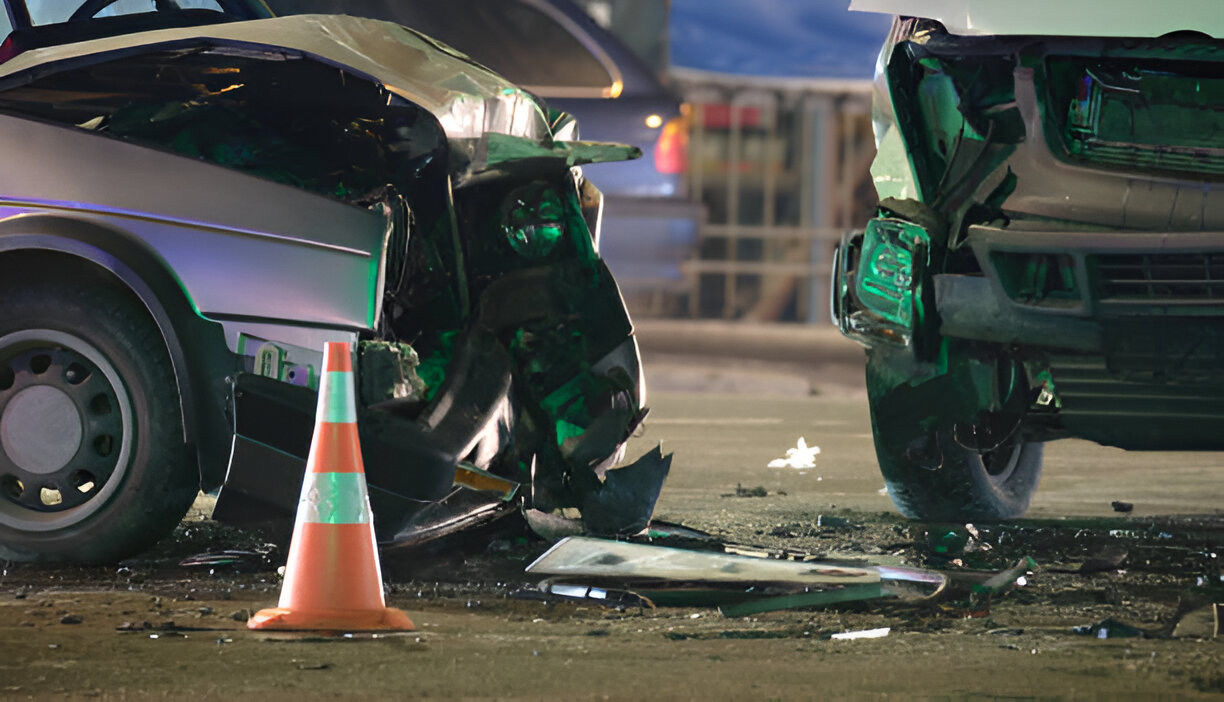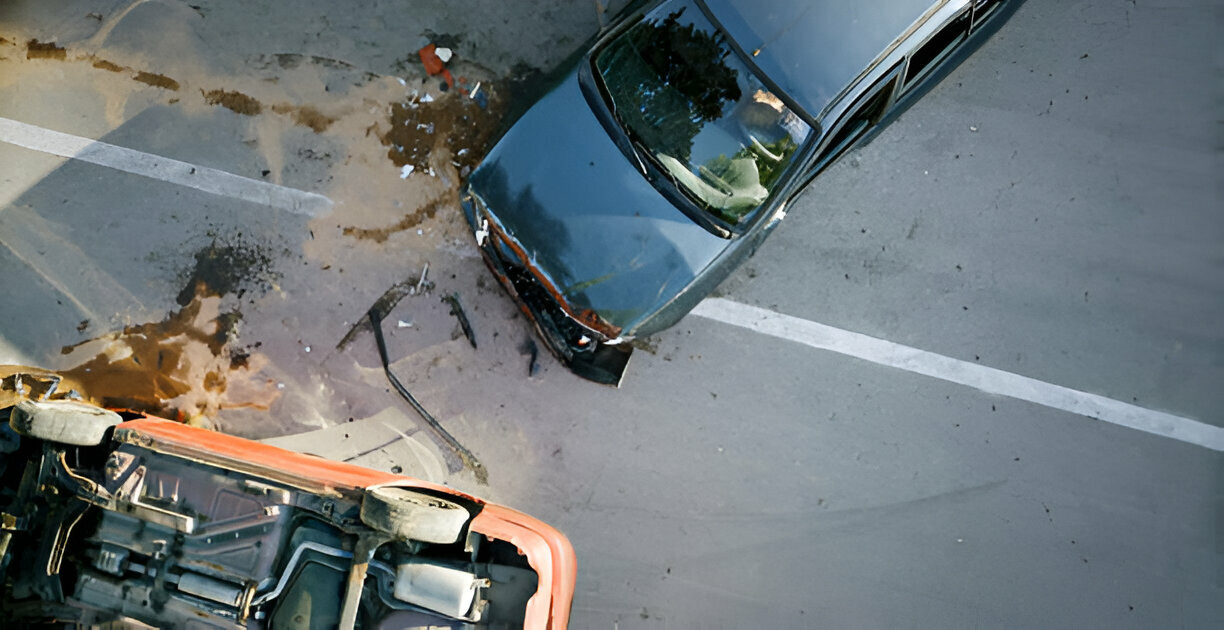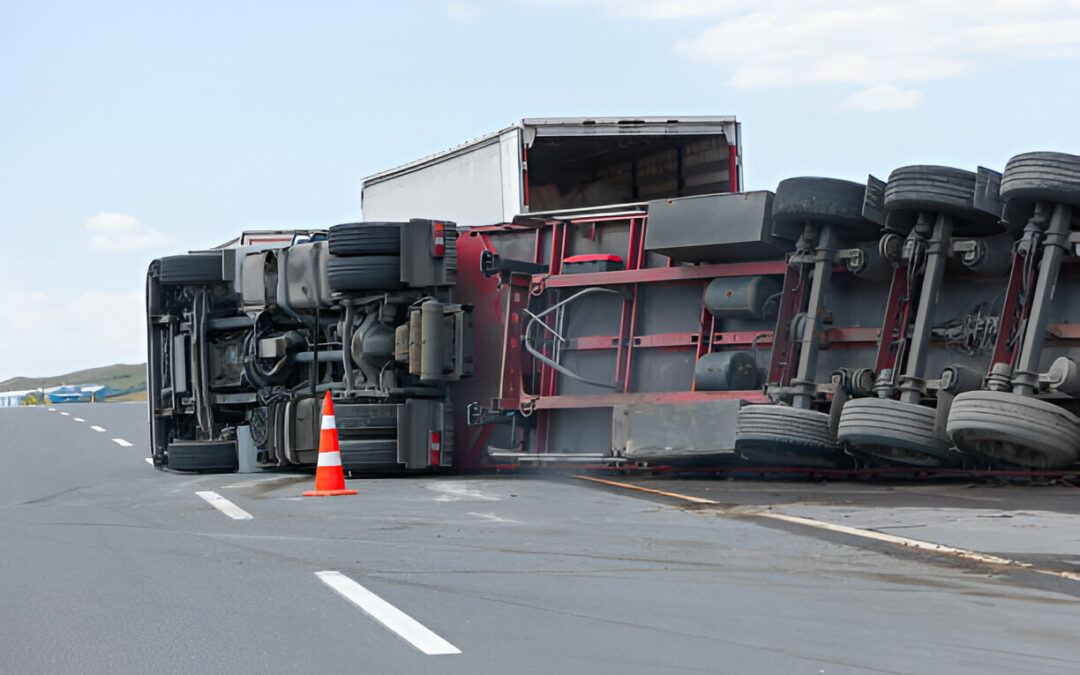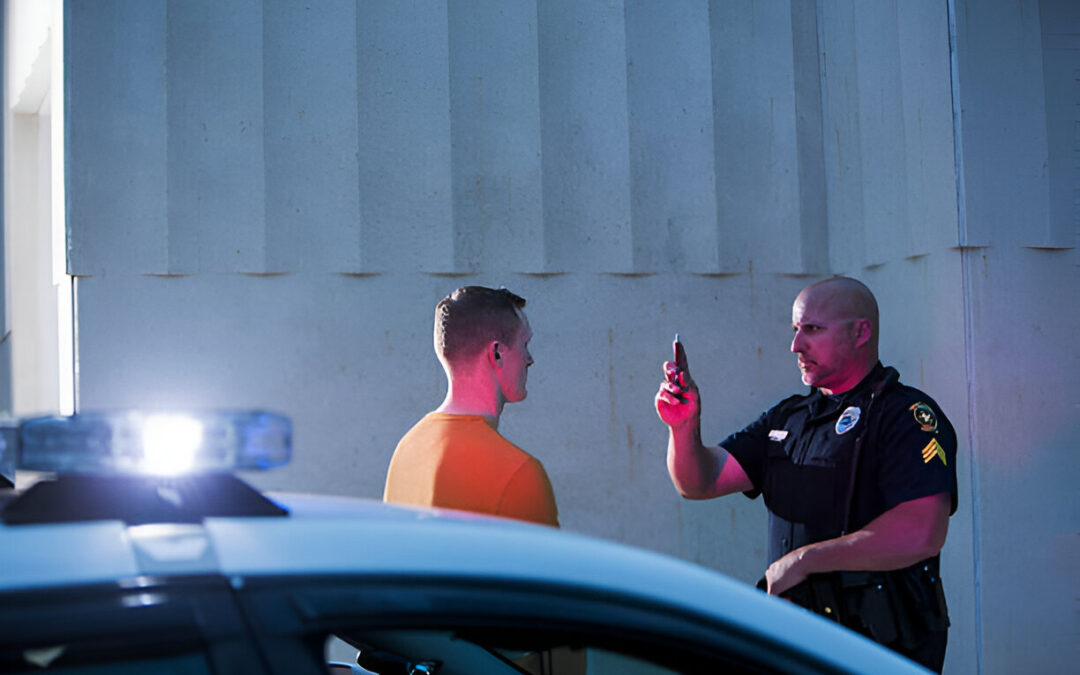Being involved in a car accident is a daunting experience, especially when it comes to determining who is at fault. In Pennsylvania, like in many other states, understanding how is fault determined in a car accident significantly impacts the outcome of insurance claims and legal proceedings. This blog explores Pennsylvania’s approach to fault determination, including shared fault scenarios and what to do after a car accident that is not your fault.
What Does “Shared Fault” Mean in Pennsylvania?
Pennsylvania’s comparative fault law, defined under 42 Pa. C.S. § 7102, is crucial in determining liability and compensation in car accident claims involving multiple parties. Unlike states that might completely bar recovery if the claimant shares any fault, Pennsylvania allows for partial recovery even if the claimant is partly responsible, provided their fault does not exceed 50%.
For instance, if a pedestrian is crossing outside a designated crosswalk and is determined to be 30% at fault for an accident involving a speeding vehicle, they can still receive 70% of the compensation awarded. However, if their fault is deemed to be 51% or more, they lose the right to seek compensation under Pennsylvania law. This approach ensures a balanced distribution of damages based on each party’s level of fault, highlighting the importance of thorough investigations and legal representation to accurately assess fault and protect the rights of all parties involved in car accidents.
How Is Fault Determined in a Car Accident In Pennsylvania?
Determining fault in Pennsylvania involves a detailed examination of each party’s behaviors and responsibilities in a car accident. Insurance adjusters and courts carefully review factors such as traffic violations, adherence to traffic laws, vehicle speed, and the ability to prevent an accident. If a party had the opportunity to avoid the accident but failed to do so, their level of fault may be heightened.
Insurance companies often employ comparative negligence strategies to reduce their financial obligations. They may argue that the claimant’s actions contributed to the accident, potentially minimizing the compensation they must pay. Individuals involved in accidents need to consult with a personal injury attorney before admitting fault or discussing details with insurance adjusters.
Ultimately, in Pennsylvania, fault allocation is decided by a judge based on the evidence and circumstances presented in legal proceedings. This process aims to assign percentages of responsibility to each party involved, directly influencing the compensation awarded to the injured parties.
3 Strategies to Avoid Shared Fault
- Adhere to all traffic signals and laws: Obeying traffic rules reduces the risk of being found at fault in an accident. Always follow speed limits, traffic signals, and yield signs to demonstrate responsible driving behavior.
- Always wear a seatbelt and helmet. These safety measures protect you in case of an accident and demonstrate that you took responsible steps to safeguard yourself. Failing to use a seatbelt or helmet could potentially increase the perception of your fault in the event of an accident.
- Ensure that your vehicle is well-maintained: Properly maintaining your vehicle—checking brakes, tires, lights, and signals—can prevent accidents caused by mechanical failures. Regular maintenance demonstrates your commitment to safe driving practices.
More: What is the Statute of Limitations for Personal Injury in Pennsylvania?
What To Do After A Car Accident Not Your Fault
Now that we’ve explored how fault is determined in a car accident and what steps to take if you’re involved in one that’s not your fault in Pennsylvania, it’s clear that seeking legal guidance promptly is crucial. If you find yourself injured due to another driver’s negligence in Pennsylvania, understanding these processes is essential to protect your rights and ensure fair compensation.
At Pacin Levine, P.A., we specialize in assisting accident victims throughout Pennsylvania to secure the compensation they deserve. Our experienced team can assess your level of fault, advocate for your rights during negotiations or in court, and handle all aspects of your claim. We’re dedicated to maximizing compensation for your medical expenses, lost wages, and other damages while you focus on recovery. Working with a reputable Pennsylvania personal injury lawyer can make a significant difference in the outcome of your case. Don’t let uncertainty about fault determination prevent you from receiving fair compensation for your injuries. Contact us today at 215-273-6403 for a free case review and take the first step toward recovery and justice.












